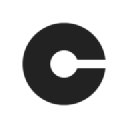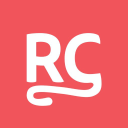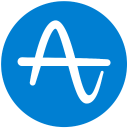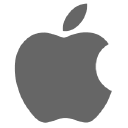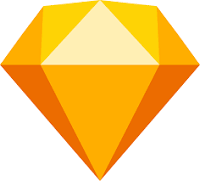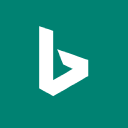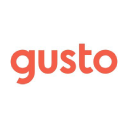On Getting Into Y Combinator With Cognitive Behavioral Therapy App
Hello! Who are you and what are you working on?
Hey everyone! My name is Koby, together with my little brother Evan we are building Quirk, an app that provides Cognitive Behavioral Therapy on your phone.
Evan has suffered from a very severe panic disorder almost his entire life. On a daily/weekly basis he would get multiple severe debilitating panic attacks. In frustration my parents had tried just about everything, including putting him on medication that dulled his emotions, and some “heavier stuff” for when things got really bad.
Nothing worked for Evan, until he finally read a book called Feeling Good by David Burns.
Feeling Good teaches people how to do Cognitive Behavioral Therapy (CBT) and if you’re anything like me, that term is absolute gibberish. Turns out however, CBT is basically the “gold standard” for psychotherapy which is used to treat anxiety, depression, stress, panic, and a number of other mental roadblocks.
The way it works is simple. Your thoughts, control your mood. 95% of the time it’s what you are thinking that is causing your feelings, not the other way around.
CBT teaches you common logical fallacies,...

Download the report and join our email newsletter packed with business ideas and money-making opportunities, backed by real-life case studies.

Download the report and join our email newsletter packed with business ideas and money-making opportunities, backed by real-life case studies.

Download the report and join our email newsletter packed with business ideas and money-making opportunities, backed by real-life case studies.

Download the report and join our email newsletter packed with business ideas and money-making opportunities, backed by real-life case studies.

Download the report and join our email newsletter packed with business ideas and money-making opportunities, backed by real-life case studies.

Download the report and join our email newsletter packed with business ideas and money-making opportunities, backed by real-life case studies.

Download the report and join our email newsletter packed with business ideas and money-making opportunities, backed by real-life case studies.

Download the report and join our email newsletter packed with business ideas and money-making opportunities, backed by real-life case studies.





